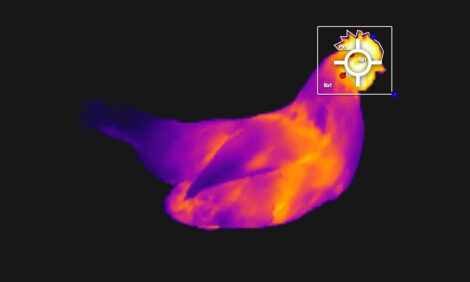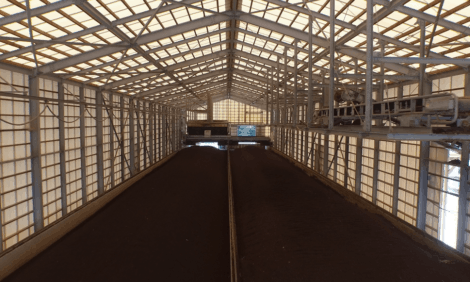



Effects of Transport Stress and Rest Before Slaughter on Blood Parameters and Meat Quality of Ducks
Transportation for two hours resulted in measurable stress in 42-day-old Pekin ducks in this Chinese study but these effects were mitigated by a two-hour rest period before slaughter.Ducks have been transported to be slaughtered at centralised locations since the 2013 avian influenza A (H7N9) epidemics in China, explain Guohong Chen and colleagues at Yangzhou University in Canadian Journal of Animal Science. They say that it is unavoidable that a certain amount of stress will occur during the transportation.
They investigated the effects of transport stress and rest before slaughter on blood parameters and meat quality in ducks.
Pekin ducks (42 days old) were randomly divided into six groups. Each group had five replicates, with four ducks in each replicate.
The experimental design included the variables transport time and rest time before slaughter.
Transport distance categories were short-distance (one-hour transport; n=20), medium-distance (two-hour transport; n=20) and long-distance (three-hour transport; n=20) transport.
Rest time was categorised as short (30 minutes; n=20) or long (two hours; n=20) periods of rest.
Blood samples and meat samples were collected after transport or after the post-transport rest period. Blood indicators (triiodothyronine, thyroxine, insulin, glutamic-pyruvic transaminase, aspartate transaminase, creatine kinase, and glutathione peroxidase) were measured using enzyme-linked immunosorbent assay (ELISA) kits.
Meat quality characteristics (meat component, pH, malondialdehyde, and protein carbonyl) were also measured.
Triiodothyronine, thyroxine, aminotransferase, glutamic-oxaloacetic transaminase, creatine kinase, glutathione peroxidase, pH, malondialdehyde and protein carbonyl values changed significantly in ducks exposed to the medium-distance transport treatment.
Stress indicators improved and meat quality returned to normal by the end of a two-hour pre-slaughter rest.
Chen and colleagues conclude their results indicate that two hours transportation causes serious stress in ducks but that a two-hour rest before slaughter mitigates these adverse effects.
Reference
Zhu, Z., Y. Chen, Z. Huang, Y. Zhang, Q. Xu, Y. Tong, F. Zhai, G. Chang and G. Chen. 2014. Effects of transport stress and rest before slaughter on blood parameters and meat quality of ducks. Can. J. Anim. Sci. 94: 595–600.
February 2015








